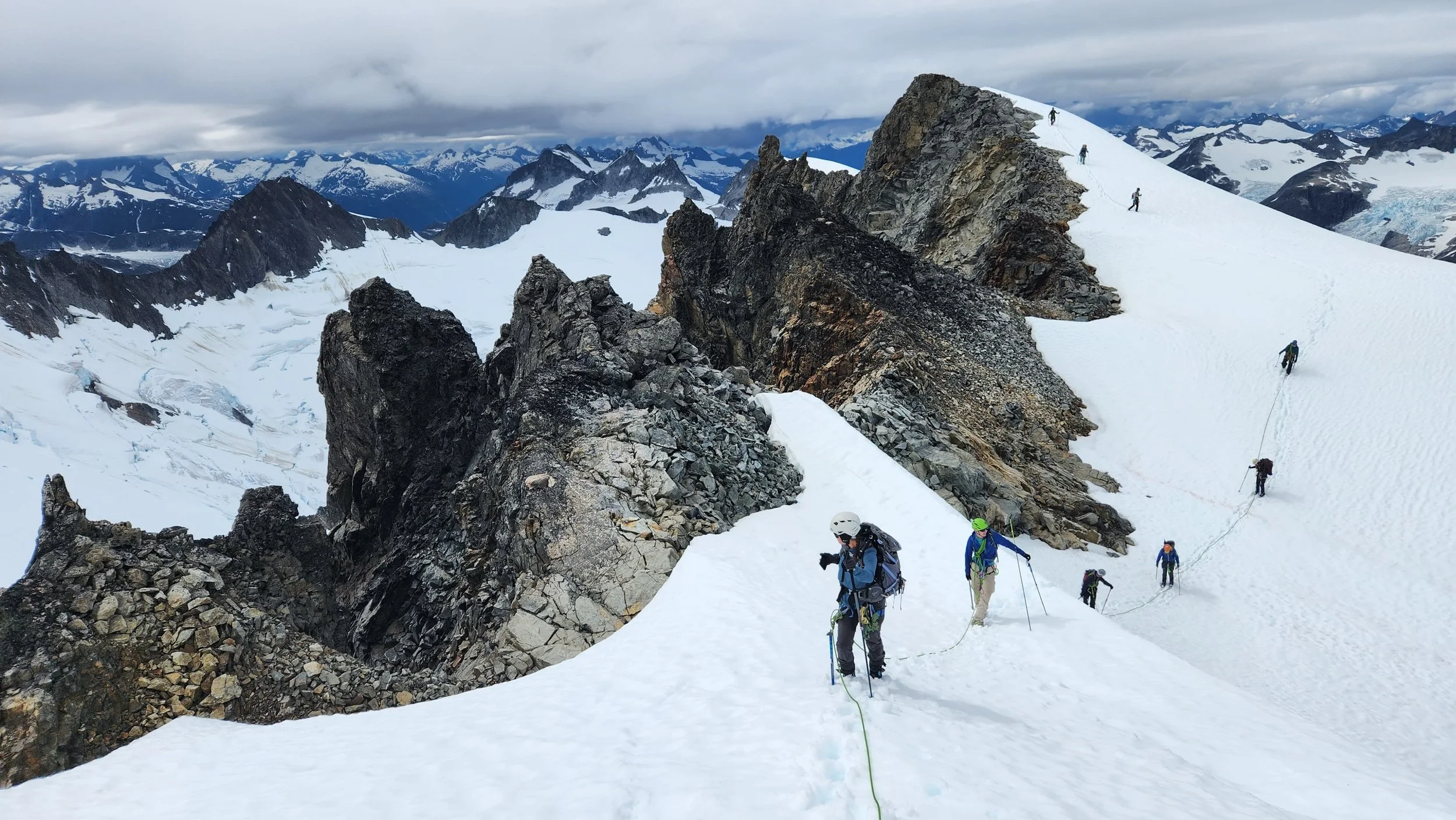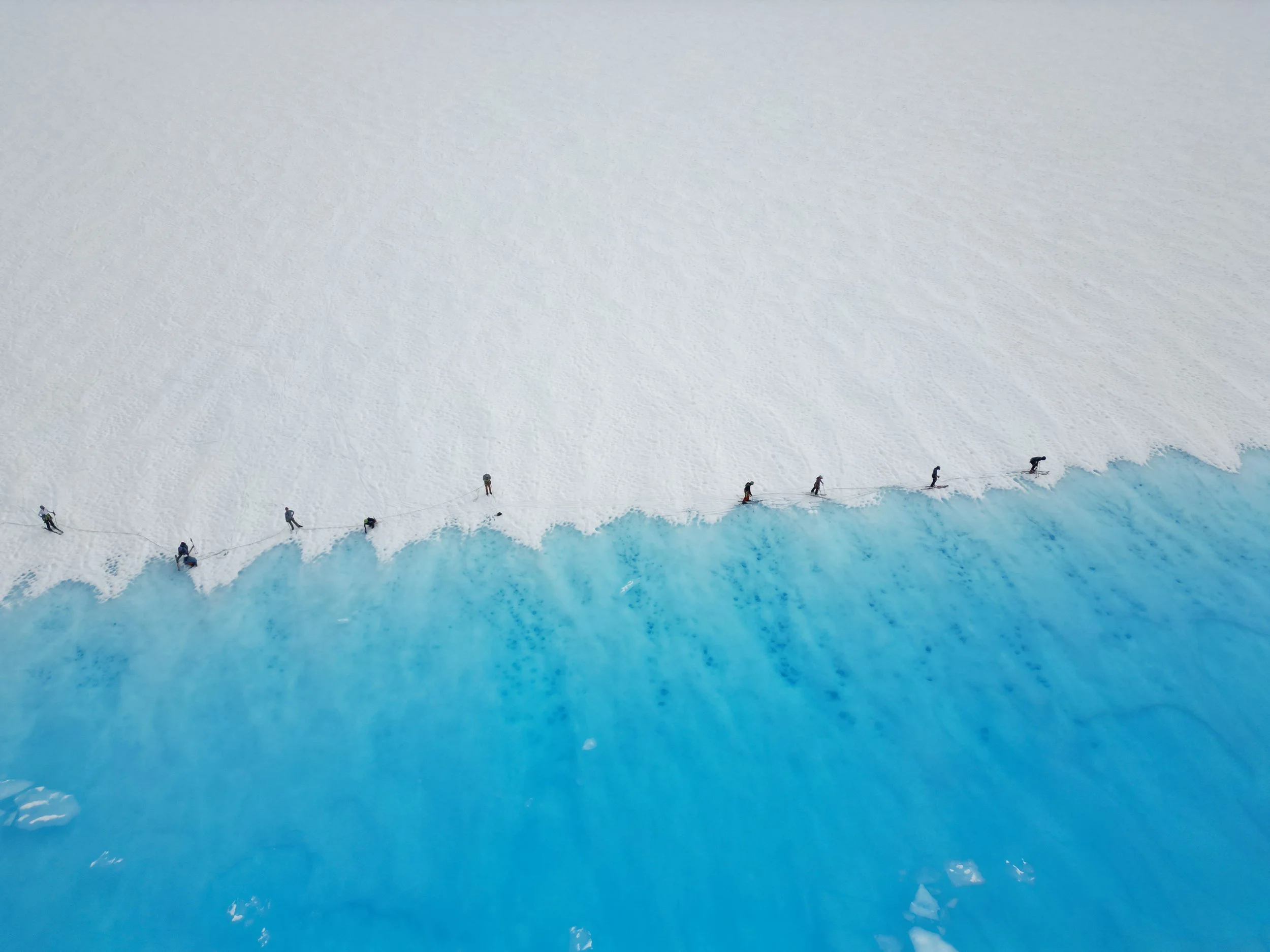
Student Information
The Undergraduate Field Course
What is the JIRP Undergraduate Field Course?
The JIRP Undergraduate Field Course is an academic summer program for students interested in glacier science and field skills training. The eight-week field season is based around a ski traverse of the Juneau Icefield in Southeast Alaska and northern British Columbia. Our 60+ person expedition stays in permanent field camps while we teach students introductory and intermediate glacier science, how to live and work on the glaciers, and how to conduct field research.
The JIRP Undergraduate Field Course also works in parallel with a variety of research teams who use JIRP facilities for their field campaigns. Throughout the summer, JIRP students are often embedded with research teams to further their mentorship and training goals.
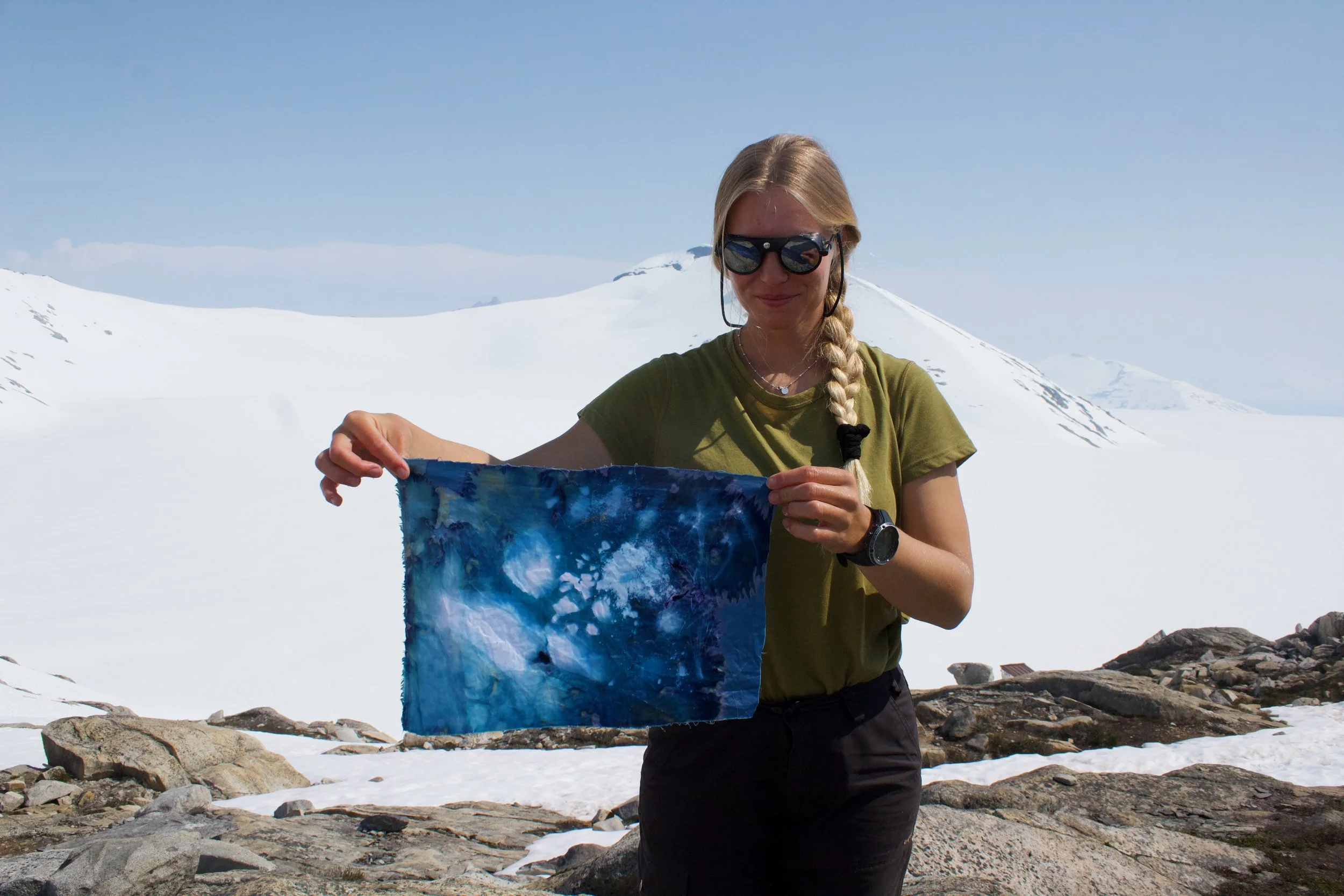
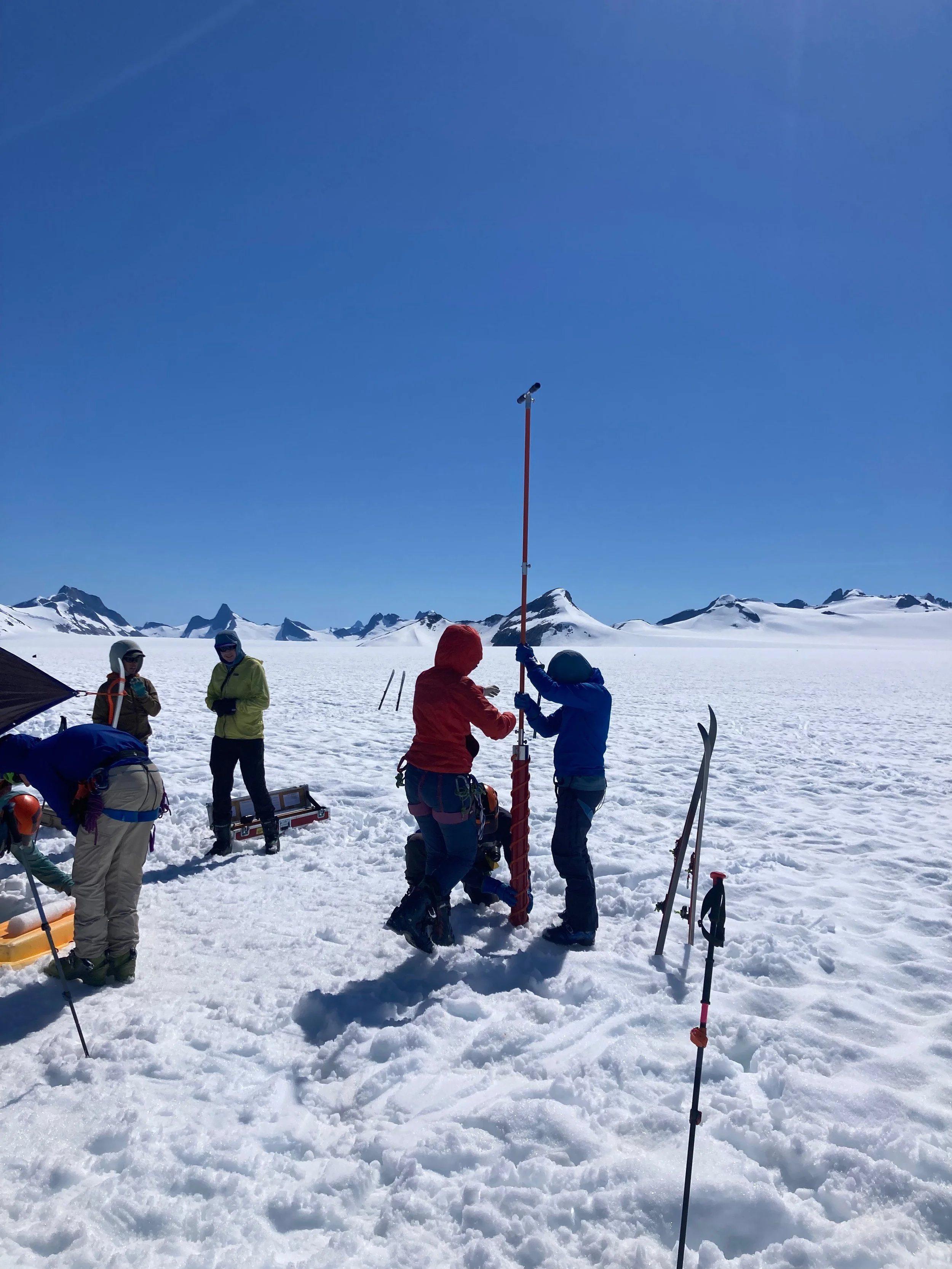
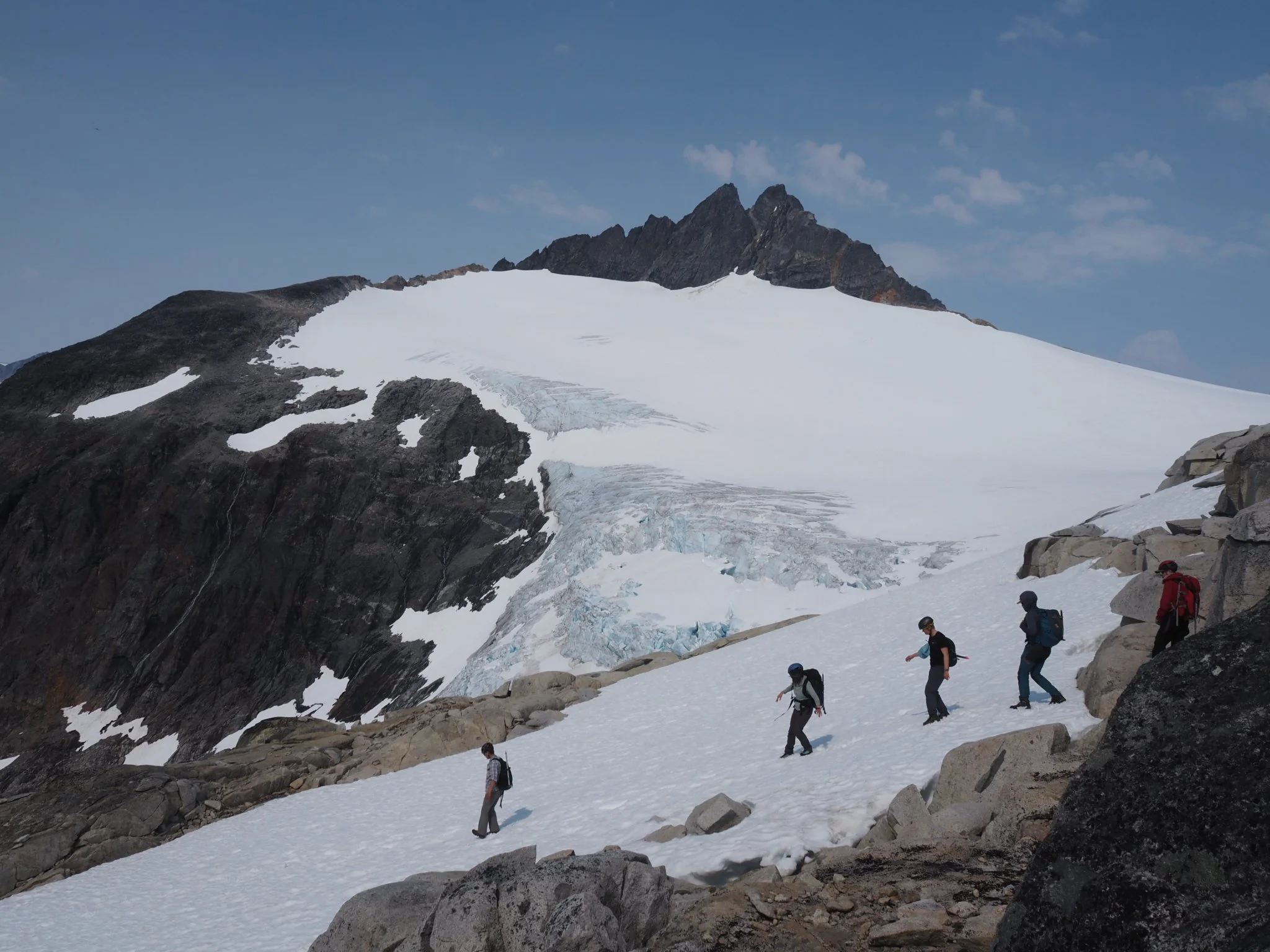
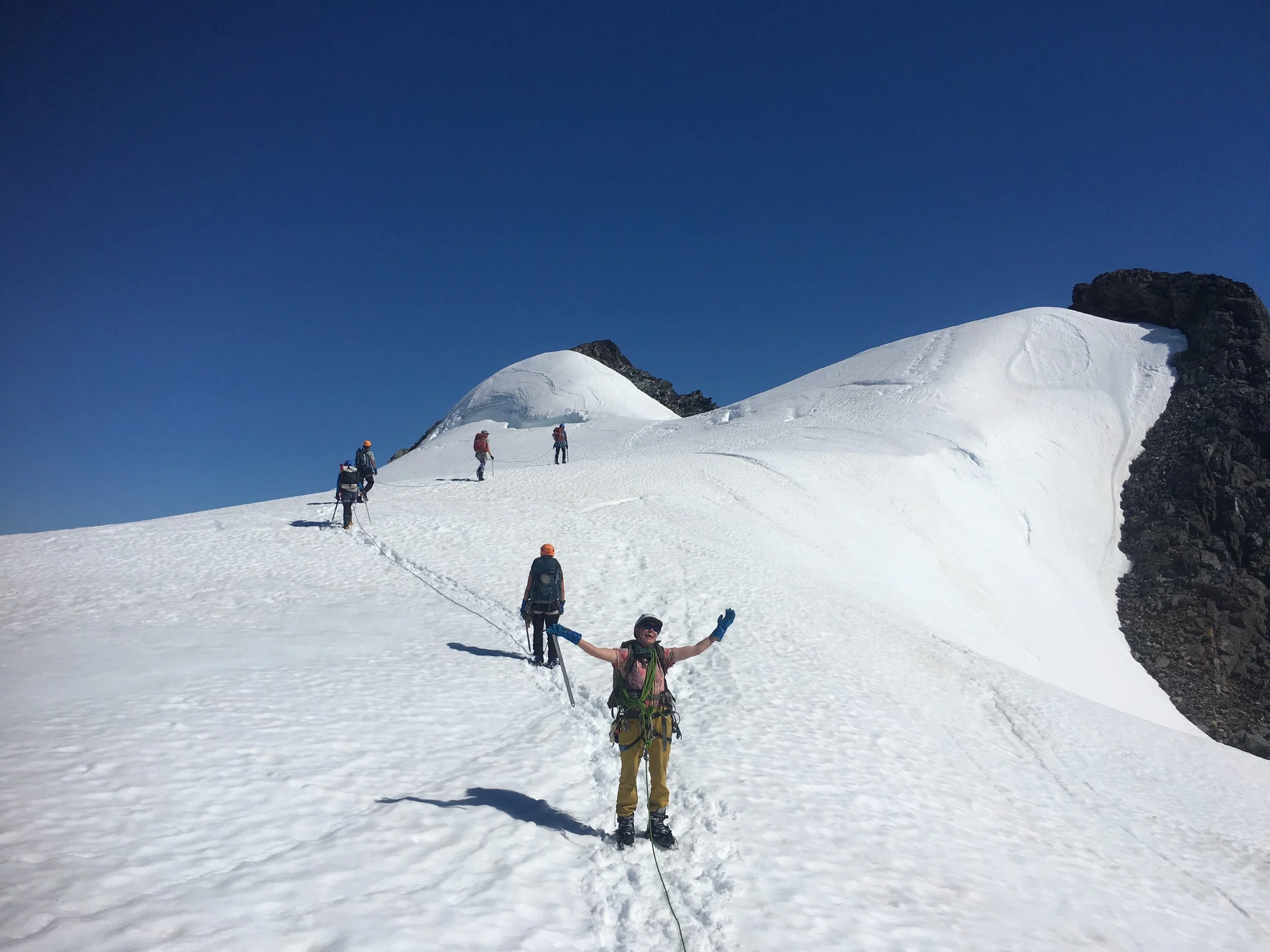
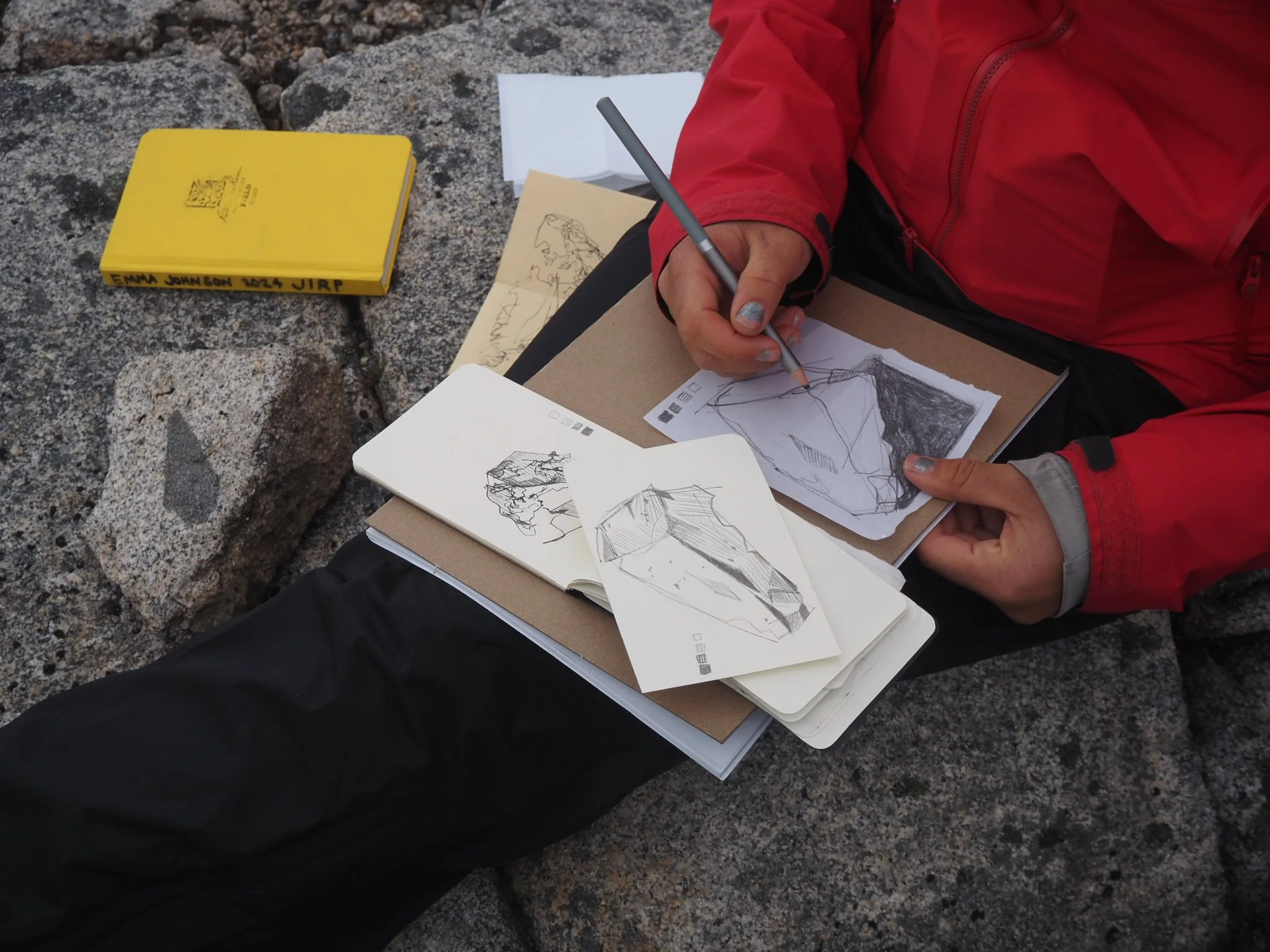
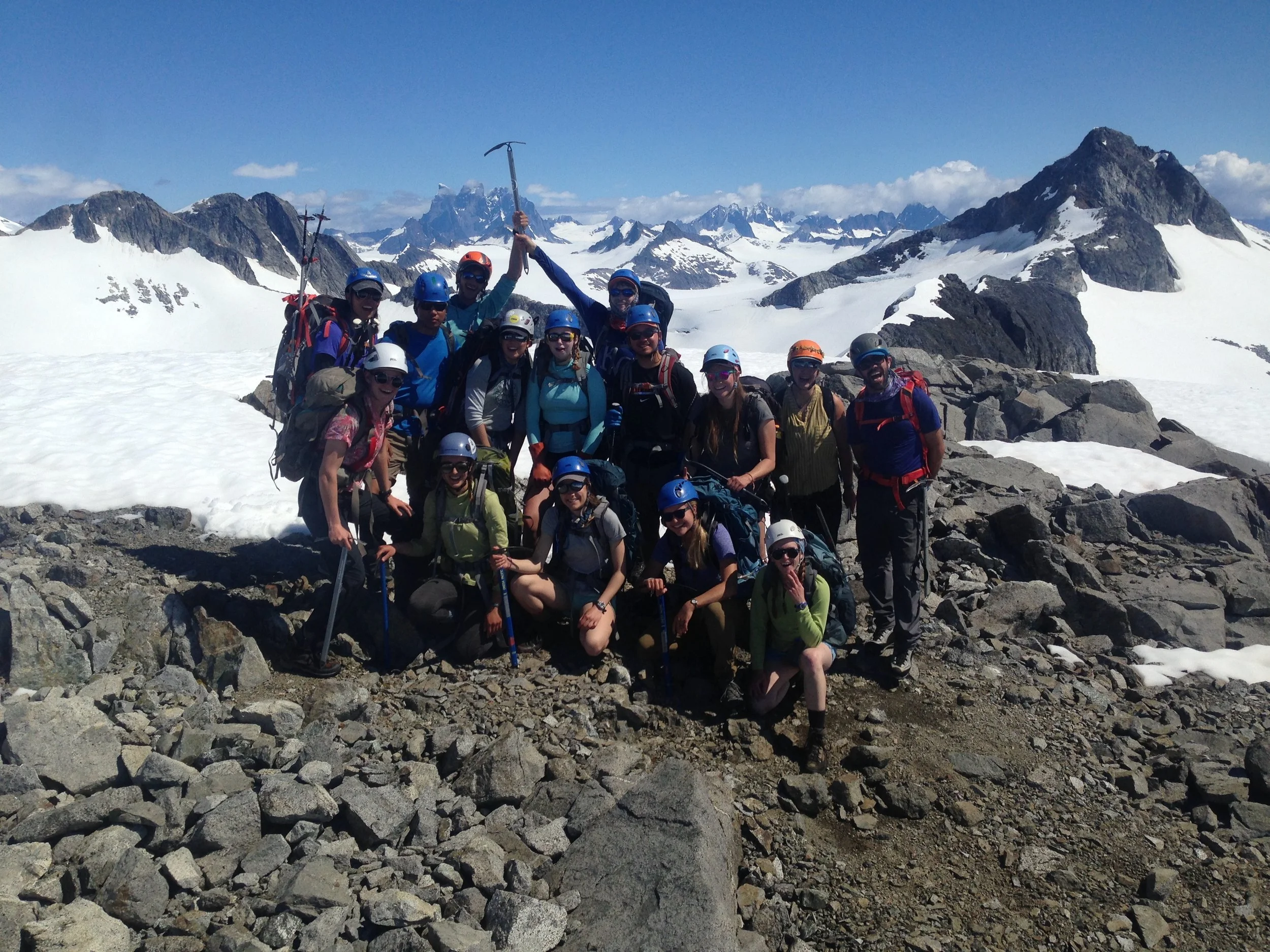
Learning Objectives: Earth Science & Field Skills
The JIRP Undergraduate Field Course is both an academic course and a field safety course. The Icefield traverse is a serious undertaking, and it is essential that applicants understand that it is neither purely an academic undertaking nor purely an adventure. There are scientific questions in our world that cannot be pursued without significant technical mountaineering skills - we prepare students to seek the answers to these questions.
JIRP aims to promote an inclusive approach to Earth science by valuing a broad range of knowledge and learning. We incorporate art, storytelling, and science communication into our curriculum to prepare students to become leaders in climate science with a well-rounded educational foundation.
To learn more about JIRP’s joint Academic and Field Safety curriculum, visit the Curriculum page
SCIENCE
The JIRP Undergraduate Field Course covers Polar sciences with a focus on glaciology, climate processes, glacial geomorphology, periglacial ecology, and interactions between these systems. The JIRP Undergraduate Field Course is primarily geared toward undergraduates, but it’s also open to early-stage graduate students with limited experience in these topics, as well as high school students (18 years or older) who are prepared to progress academically. Students learn through academic and research interactions with rotating faculty from around the world. Lectures and workshops focus on the primary topics listed above but also cover Alaskan geologic history, geomatics and remote sensing, geophysics, scientific literacy, and science communication. In addition, we capitalize on the expertise of our rotating faculty members to cover current questions in science.
FIELD SAFETY
The Undergraduate Field Course field safety curriculum teaches students how to live and work in alpine and polar environments. We train students in basic backcountry skills, including layering in cold and wet environments, hydration and nutrition, and wilderness medicine. During our three-week alpine skills orientation, we progress to covering technical rope skills, backcountry travel on both crampons and on skis, group management, and route finding. While the first section of the summer is devoted to alpine skills training, JIRP students use their skills every day of the season to further their scientific objectives.
What do students get out of JIRP?
Student alumni leave JIRP’s Undergraduate Field Couse with an intuitive understanding for glacier science after a summer immersed in the alpine environment. They also gain improved field safety skills and access to a powerful alumni network. With these three tools - academic understanding, backcountry competence, and network connections - our alumni are well-positioned for graduate education and careers in research, education, policy, science communication, and outdoor leadership.
Prerequisites & Requirements
The only prerequisite for JIRP is motivation. That said, there are a few requirements that must be met for students to attend JIRP:
Age: Must be 18 by the first day of the program.
Fitness: Must arrive ready to hike 6-8 miles (10-12 km) with 4,500 ft (1,500 m) elevation gain carrying a pack at 35% of your body weight.
Health: Must complete a medical review with both the JIRP medical team and your own care provider. We are unable to accommodate all health conditions, especially anaphylactic nut allergies. Please reach out to us if you have questions about your eligibility.
Passport: Must have a passport that is valid through December 31 of your participation year (required for border crossings).
Enrollment: You will be required to enroll at one of our university partners unless you are an international student or seek an exemption from JIRP’s Director of Academics.
Student Informational Webinar
If you aren’t already convinced to apply for JIRP, or if you have questions and want to hear from the JIRP leadership, check out this webinar from 2024 or view the slides before.
Please Contact Us if you have specific questions.
Similar Programs
There are an increasing number of high school, undergraduate, and post-baccalaureate students interested in field experiences in glacial environments. We wish we could support all the students who could succeed at JIRP! If JIRP doesn’t fit into your plan right now (for whatever reason), we encourage students interested in Earth and glacier science to check out these other options:
Inspiring Girls* Expeditions: Free field experiences all over the world for high school-age students who identify as girls or minoritized genders. Girls on Ice* is the glaciology field experience.
Wrangell Mountains Field Studies Program: Summer program for undergraduate-level students. Focus is on the glacial and periglacial environments of the Wrangell Mountains in Southcentral Alaska.
And if you’re a graduate student, you might be interested in checking out the International Summer School in Glaciology (McCarthy, AK), the Karthaus Summer School on Ice Sheets and Glaciers in the Climate System, or the Patagonian Icefields Research Program.



